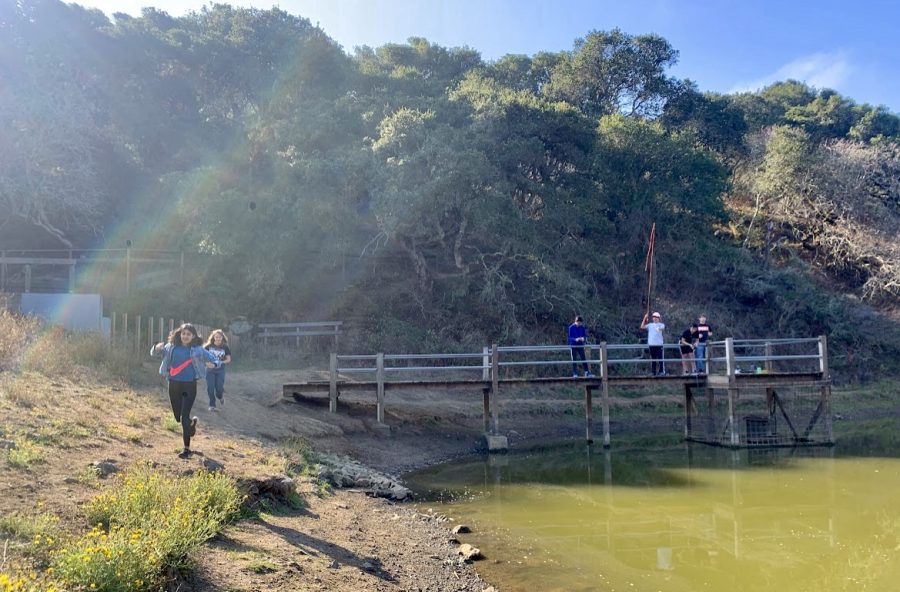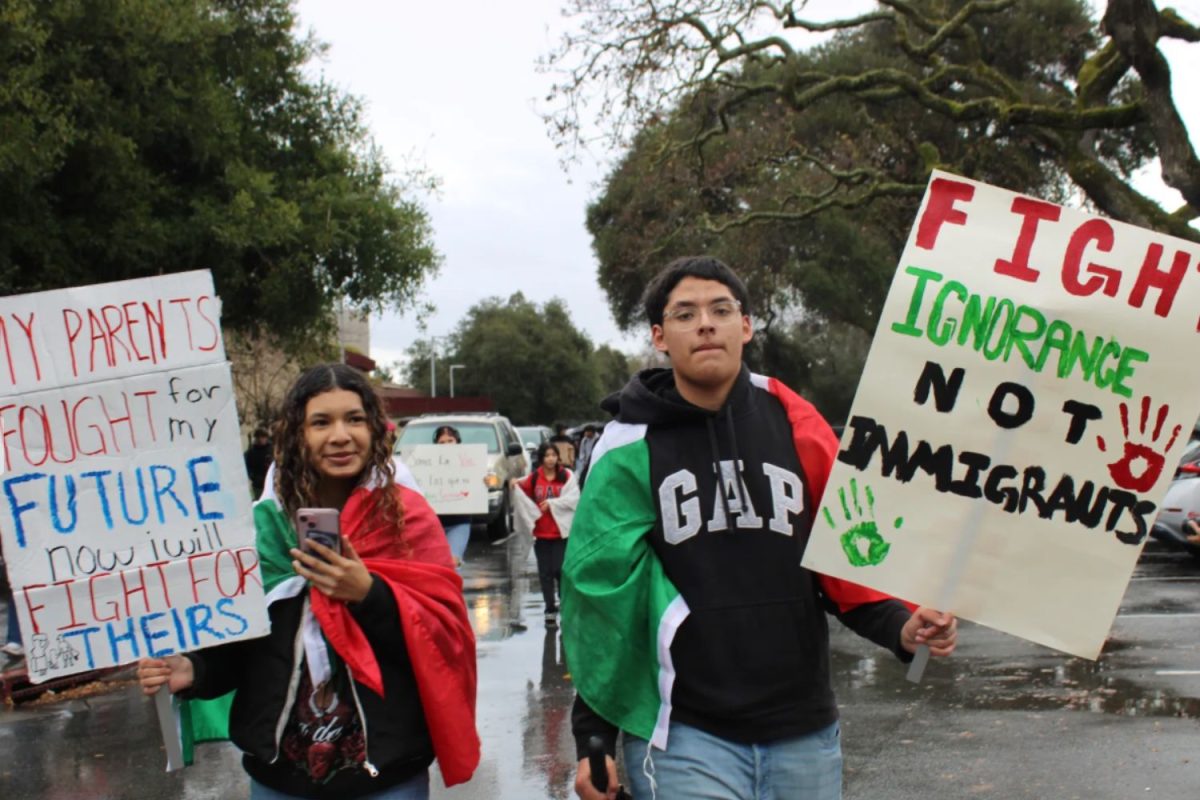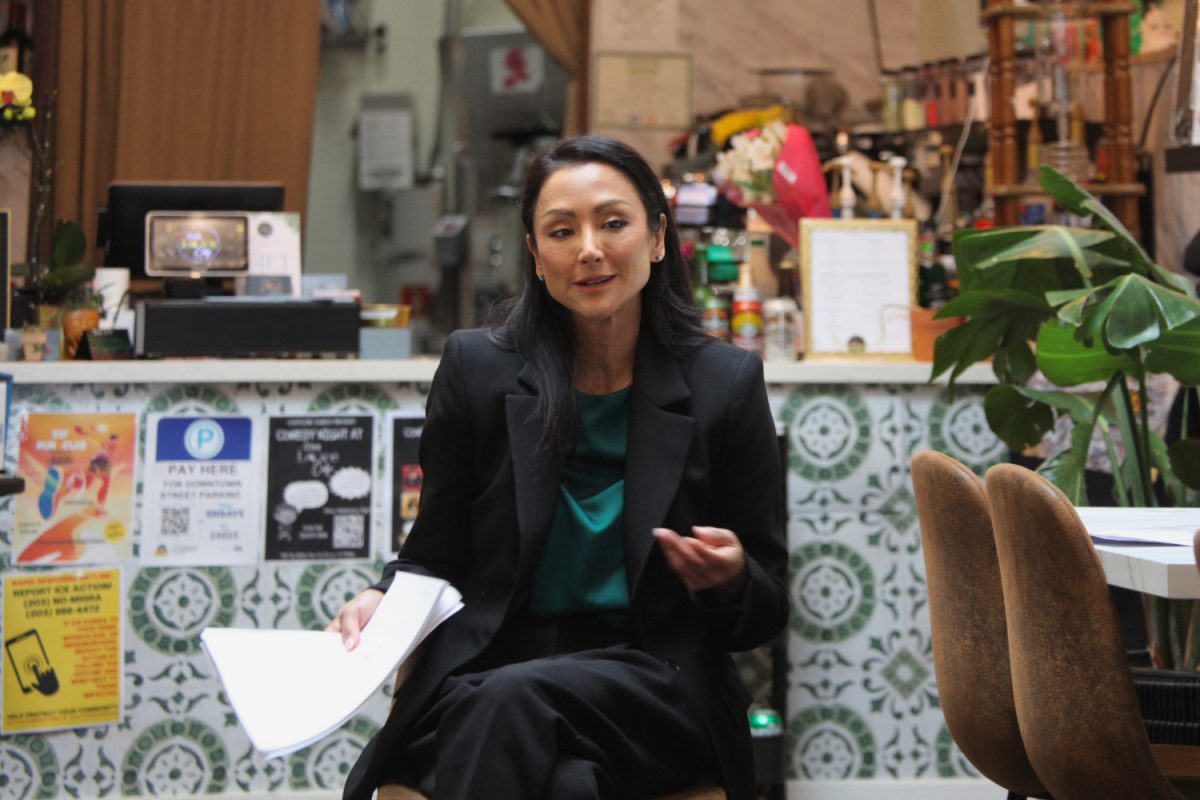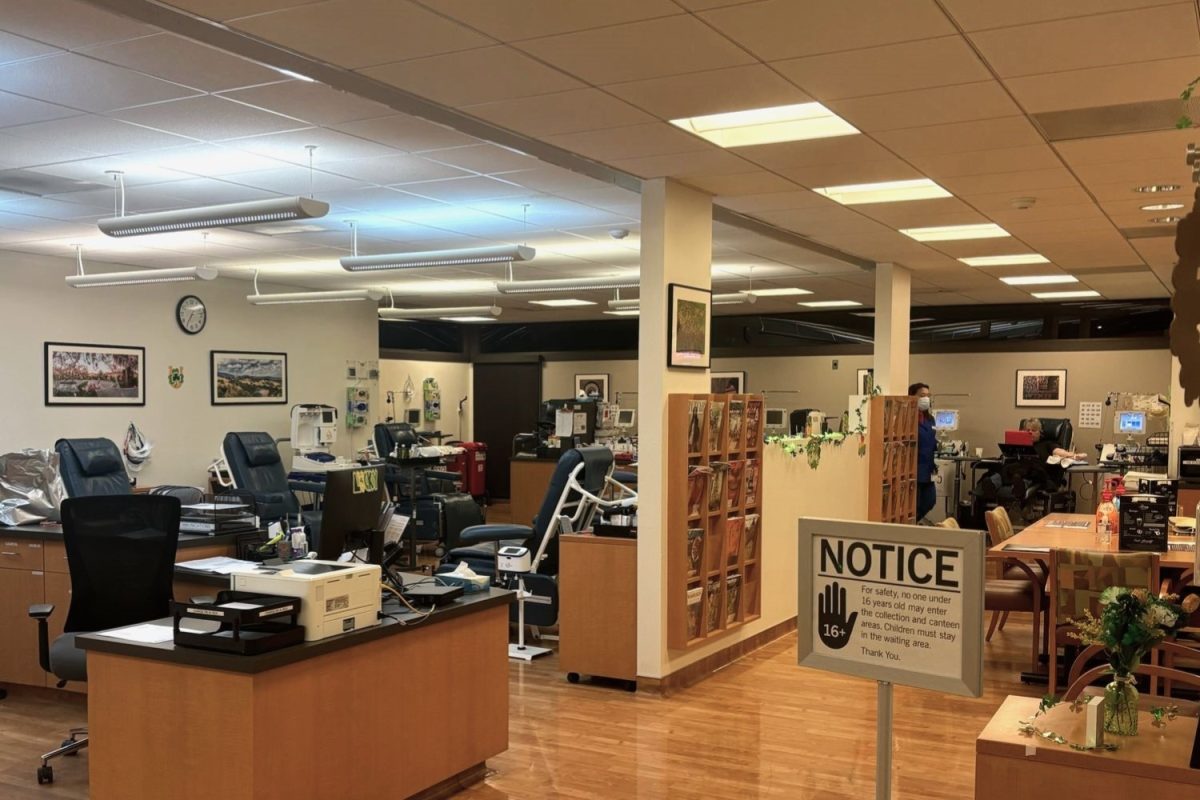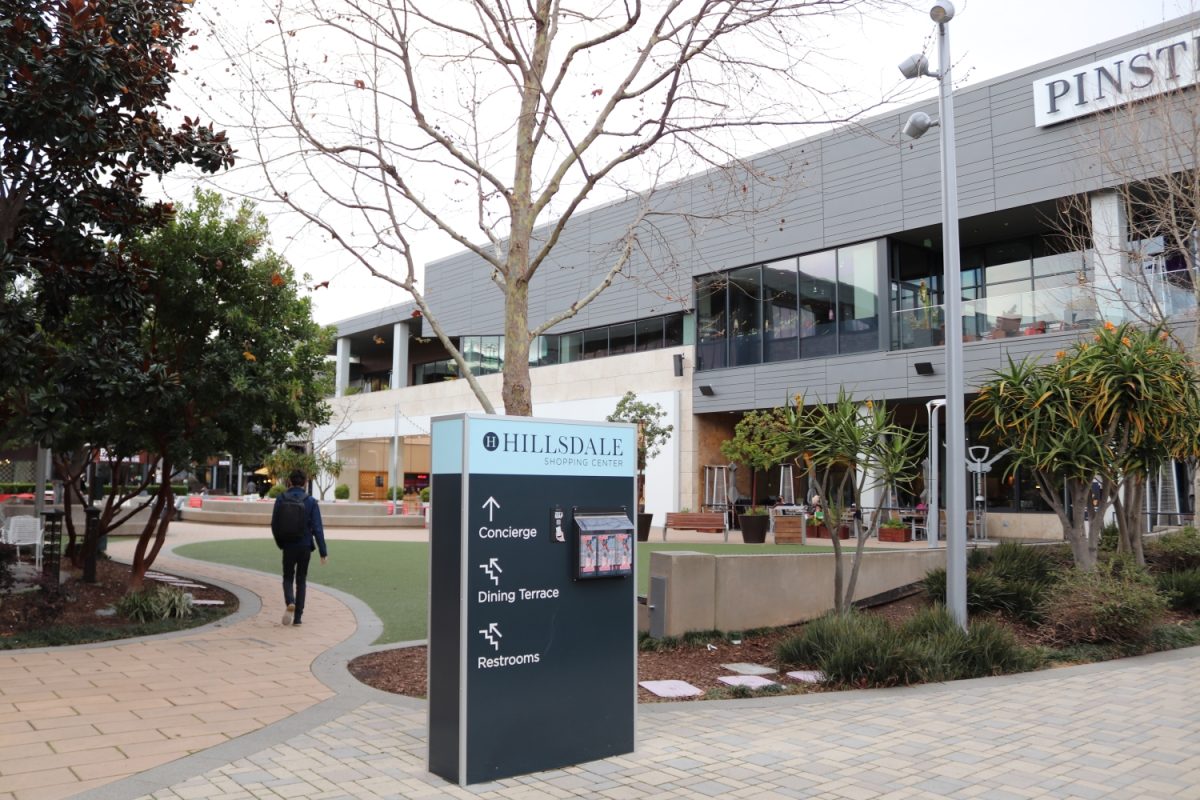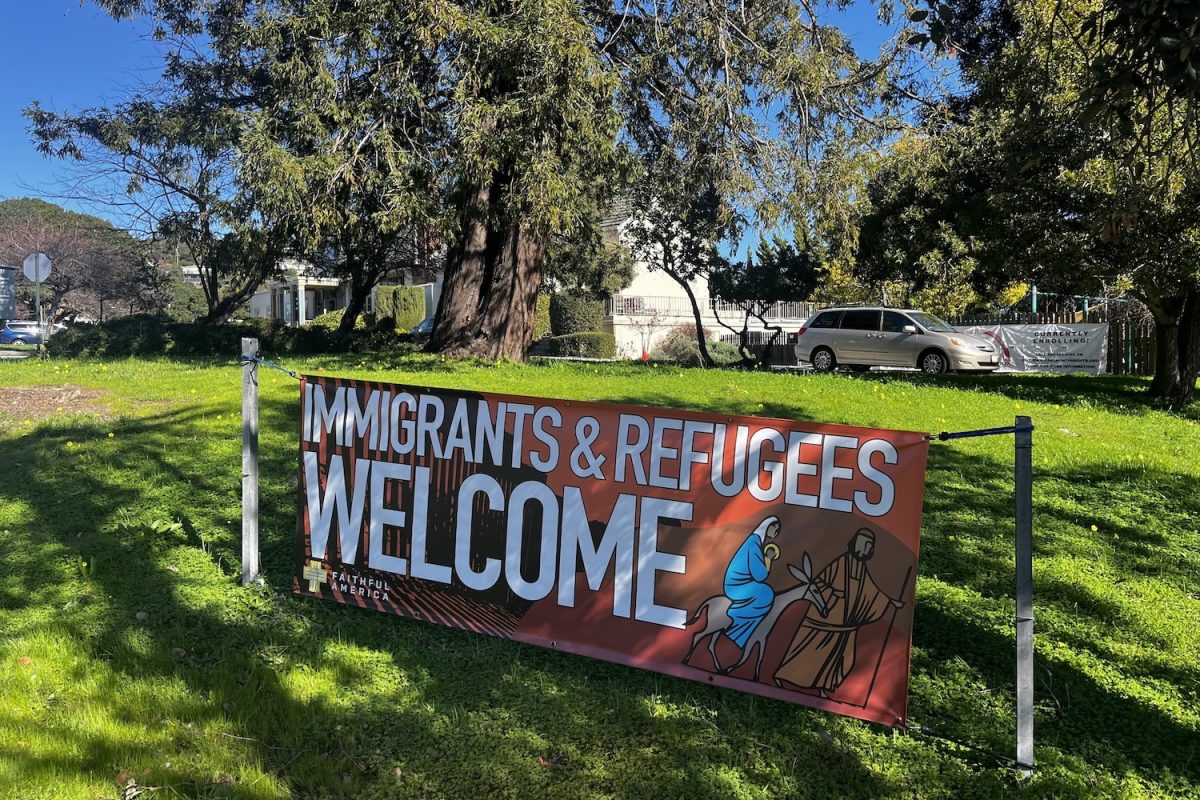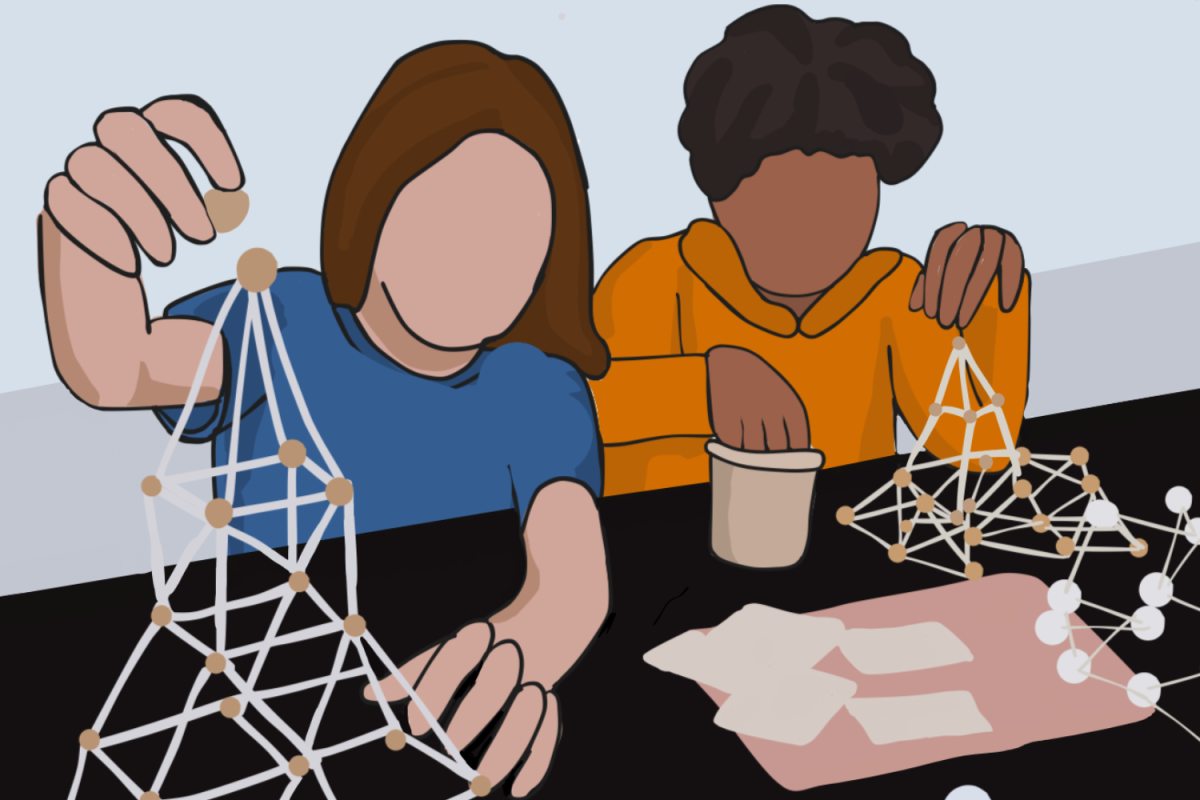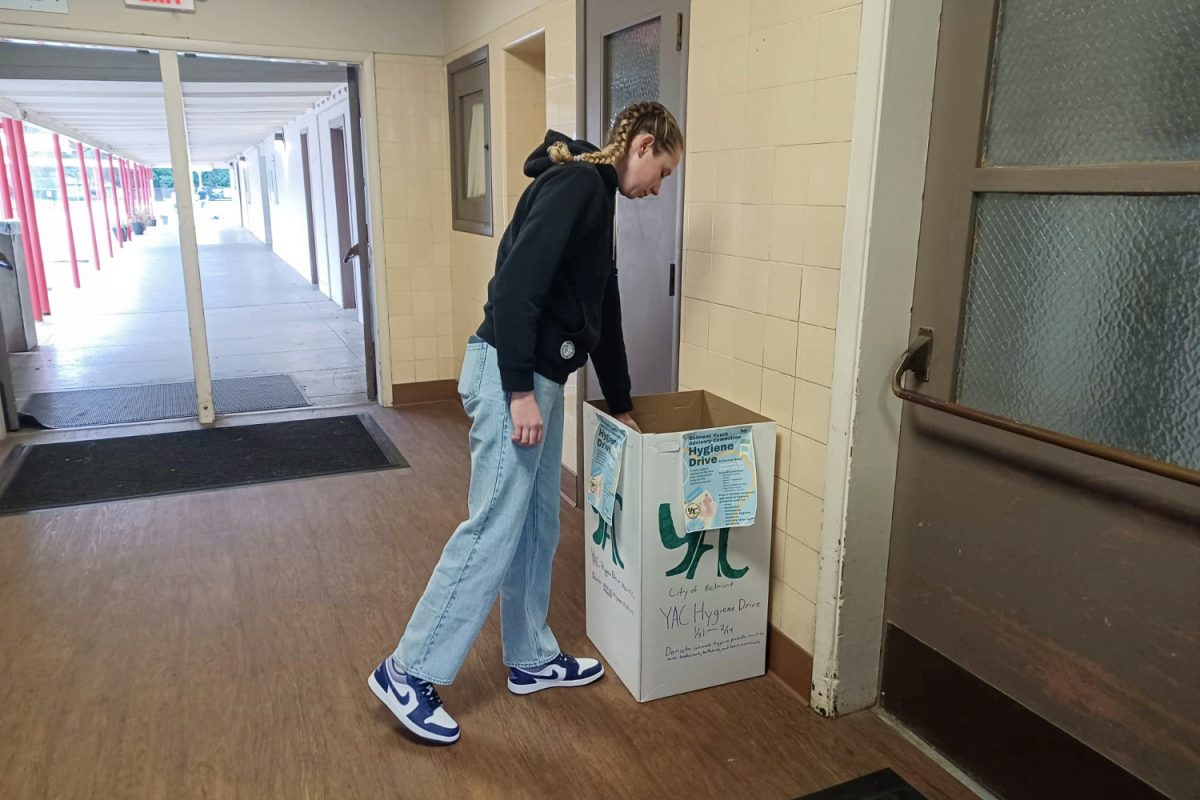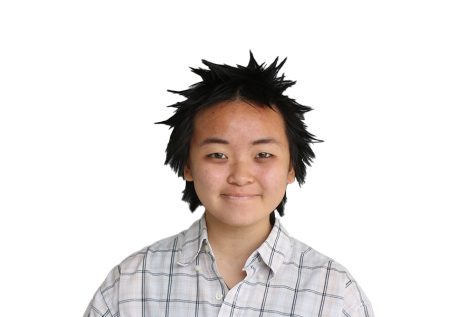On Monday, Oct. 10, Carlmont students enjoyed the day off in celebration of Indigenous Peoples’ Day.
This holiday, annually occurring on the second Monday of every October, is a celebration of culture, survival and resilience in diverse tribal communities around the world. The holiday was established in 1992, the 500th anniversary of Columbus’ arrival in the Americas. Over time, the holiday has been adopted by numerous US states and cities.
“Celebrating Indigenous Peoples’ Day is not enough. We must abolish the celebration of genocide and oppression that Columbus Day is rooted in. We are taking the second Monday of October back,” said Emma Snuggs, the co-director of Restoring Justice for Indigenous.
Indigenous Peoples’ Day coincides with another national holiday, Columbus Day, which recognizes the contributions of the explorer Christopher Columbus, who is said to have “discovered” the Americas in 1492.
In recent years, the celebration of Columbus Day has become controversial, as it depicts Columbus and his achievements from a Euro-centric and pro-colonial perspective by painting him as a hero, without acknowledging the impact on the indigenous tribes already occupying the Americas.
While Indigenous Peoples’ Day remains a non-federal holiday, many cities and schools, including Carlmont, celebrate it instead of Columbus Day.
Notably, the Carlmont school calendar marks Oct. 10 as Indigenous Peoples’ Day, but not Columbus Day, raising questions about its omission. This shift occurred in the 2018-19 academic year when the state government of California stopped recognizing Columbus Day as a holiday and officially recognized Indigenous Peoples’ Day. Recent proclamations from President Joe Biden and California Governor Gavin Newsom reinforced this shift by proclaiming Oct. 10, 2021, as Indigenous Peoples Day, according to the Sequoia Union High School District’s Public Information Officer Richard Gebin.
However, data shows that Columbus Day is still recognized and celebrated in more places than Indigenous Peoples’ Day. On Google Trends, search results indicate that on Oct. 10, 2022, far more people searched for the holiday “Columbus Day,” and fewer searched for “Indigenous Peoples’ Day.” The search terms used also varied from state to state. In Alaska, Vermont, New Mexico, and Maine, most people searched for “Indigenous Peoples’ Day.” While in Rhode Island, Massachusetts, Connecticut, and New Jersey most people searched for “Columbus Day.”
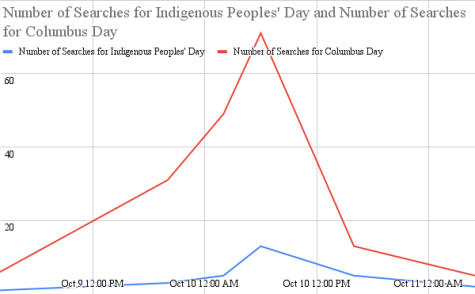
The intention of Indigenous Peoples’ Day is to celebrate native heritage and history, as an alternative to the dominant colonial worldview projected by Columbus Day. This perspective invites Americans to reconsider the holidays they choose to celebrate.
For example, in the past, the birthdays of President Abraham Lincoln and President George Washington were celebrated individually before they became consolidated into a single “President’s Day” holiday.
On the Sequoia Union High School District calendar, the holidays that are given as non-instructional days include Martin Luther King Jr. Day, Memorial Day, Labor Day, Indigenous Peoples’ Day, and Veterans Day. Instead of celebrating and glorifying specific individuals, an alternative is to move toward celebrating groups of people or a set of values.
Let’s take Columbus Day and Martin Luther King Jr. Day as examples. They both celebrate significant historical figures and the values they represent in America. If it’s acceptable to celebrate Indigenous Peoples’ Day as an alternative to Columbus Day, perhaps an alternative to celebrating Martin Luther King, Jr. Day would be to celebrate the Civil Rights movement in general or the value of public service.
This idea isn’t necessarily new. In January 2013, former President Barack Obama requested that Americans join him in celebrating a “National Day of Service.”
“I greatly respect Martin Luther King Jr. That’s why I think by having MLK day, it pays homage to the things he’s contributed to the movement. Sure if we do human rights day, it’s more general, it summarizes the whole movement, but it also doesn’t pay the same homage to the person who ultimately gave his life for the movement,” said sophomore Ryan Geng.
Obama’s suggestion offers a parallel holiday that refocuses Americans on the values Dr. King exemplified in his life rather than thinking of it as just another day off from school or work. Similarly to Indigenous Peoples’ Day, it’s likely that how Americans celebrate Martin Luther King Jr’s birthday may change over time. Some people may choose to alternatively celebrate the official Day of Service, and some people may choose to celebrate both.
The decision to celebrate Indigenous Peoples’ Day marks a change in how we see the past and future. The holiday’s appearance in calendars and its commemoration by many state and local governments and schools suggests that Americans are becoming more open to changing traditions and rethinking normalized values such as school-designated holidays.
“It’s important to view the past with a more nuanced lens of history. In this new culture of revising history in the modern light, traditions may change, and to some, that means removing people from history,” said Geng.

